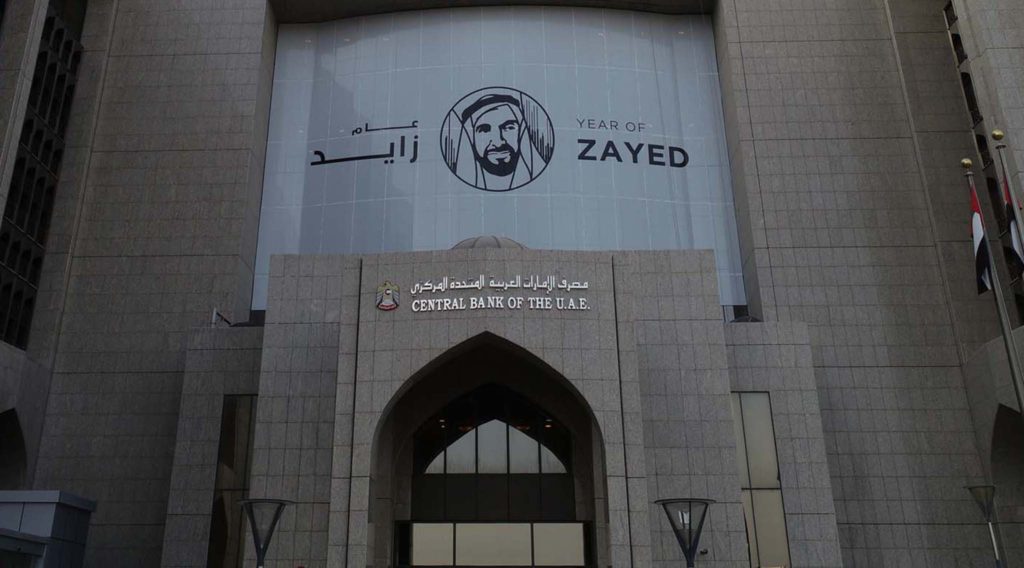The Central Bank of the United Arab Emirates (CBUAE) has released its 2021 financial stability report, WAM said on Thursday. The country’s regulators have conducted risk analysis through solvency and liquidity testing and supervision to “assess potential vulnerabilities”.
The report, outlines the various measures taken by the central bank to support the national economy during the Covid-19 pandemic to safeguard the stability of the financial system.
One of the notable measures include the central bank’s exit strategy from the Targeted Economic Support Scheme (TESS) as the UAE economic recovered, with the first phase completed by the end of 2021.
The second phase ended by June 2022, and the central bank will maintain the final, third phase of TESS measures during the second half of 2022.
In addition to the measures, the central bank also conducted risk analyses through solvency and liquidity tests and supervision to “assess potential vulnerabilities,” the statement said.
The tests concluded that UAE banking systems had adequate capital and liquidity buffers to withstand severe shocks.
“The Financial Stability Report records the CBUAE’s approach to identifying and mitigating potential systemic risks and safeguarding the stability and resilience of the UAE financial sector. The report projects a positive outlook for the country’s economy and financial system in 2022,” CBUAE’s governor Khaled Mohamed Balama said.
Balama added the global macro-financial outlook could be affected by supply chain disruptions, rising inflationary pressures, and further escalating geopolitical tensions, adding that the central bank will continue to monitor “evolving global vulnerabilities” and take necessary steps, if needed.
The UAE central bank’s payment systems were “robust” during 2021, due to the accelerated digitalisation of financial services, under which the regulator improved its systems, for digital transformation and cyber resilience.
The response by the UAE government to the Covid-19 pandemic contributed to the rebound in overall economic activity in the country, the report said, adding there could be risks involved as well.
“Risks for the banking system, which stem from the potential deterioration of assets quality and insufficient change in banks’ business models in light of the global digital transformation, climate change and the rising governance requirements,” the statement by WAM said
The UAE’s central bank’s actions are underpinned by the resilience and recovery of the country’s banking system and the wider financial system to pre-pandemic levels, the statement added.


